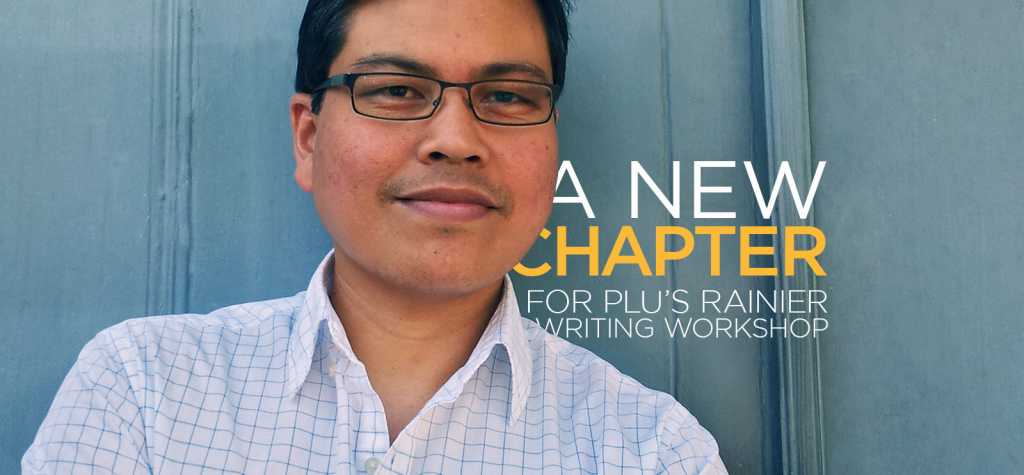Page 340 • (3,582 results in 0.033 seconds)
-
instructor may ask to meet with the student in the presence of witnesses to resolve the matter. In this case, the student will be informed in writing of the purpose of the meeting, and of his or her right to have a witness present. When an instructor is unable to meet with a student, as at the end of Spring Term or a term before a student studies abroad, the instructor will document the allegation and send it to the student, via certified mail or email, together with a letter stating the penalty to be
-
classes. Her articles on reading, ethics, and watching the vulnerable appear in The Sidney Journal (2012), the edited collection Staging the Blazon (2013), and Studies in Philology (coming in 2017). Prof. Simpson-Younger contextualizes her love of the Early Modern period with an experience she had in the archive as an undergraduate: “When I was an undergraduate, my Renaissance Lit professor Mary Trull co-wrote a grant with me and took me to the Newberry Library. So I was about twenty when I touched a
-
In the following text, Dr. Carmiña Palerm, Associate Professor of Hispanic Studies and Director of the International Honors Program, considers how a Humanistic approach can inform the design and implementation of a study-away course. In this particular case study, Dr. Palerm describes a class titled “American Genesis: Indigenous Texts and their Resonance” that she offered as part of the Wang Center’s Gateway Semester Program in Oaxaca, Mexico in Fall of 2012.I had two goals in designing this
-
September. EDITORIAL OFFICES PLU, Building 29 Tacoma, WA 253-535-8410 Contact Us Links Discovery Alumni News Class Notes Calendar Credits Contact Recent Posts Billboards September 8, 2014 Lutheran Studies Conference September 8, 2014 The Art of Diplomacy September 8, 2014 A Decade of Distinction September 5, 2014 Archives > < Winter 2018 Fall 2017 Spring 2017 Winter 2017 Fall 2016 Spring 2016 Winter 2016 Fall 2015 Spring 2015 Winter 2015 Fall 2014 Spring 2014 © 2014 Pacific Lutheran University | All
-
Econ in Italy Winter 2018 Innovation Studies Program Winter 2018 Cara Gillespie More than a mission Elise Anderson ’17 Pocketful of Passport Madeline Scully English Adventures and Assorted Travel Stories J-Term on the Hill Tacoma, WA Lutes in London 2017 Lutes in Greece 2017 Emily McCann Have Family, Will Travel Lynn Hunnicutt Athena Gordon Aberdeen Adventures Hilary Joyner The Cutie Life Donald P. Ryan Valley of the Kings Project Deanna Nowadnick Sharing the fruit of His Spirit Dana Bodewes
-
teams, and the creative work that Lutes will continue to engage in together. Joanna GregsonActing provost and professor of sociology This issue of ResoLute offers a glimpse into this world of educational exchange, which not only informs the scholarship of students and faculty members alike, but also embodies the university’s mission of service to and care for others and the planet. From scholarly research about unethical medical studies targeting marginalized populations to field research on the
-
, Buffalo State University St. Augustin’s Higher Time, Max Weber’s Disenchantment and Confucius on Ritual Ceremony: The Significance of Confucianism, Fred Yonggang Huang, Brooklyn College – City University of New York Studies in Iconology of Taoism from a Global Perspective, Juntao Li, Sichuan Normal University (Online) Sustainable Development: Confucianism is the Solution to the Modern Environmental Crises, Daliang Wang and Savannah Graver, High Point University 浅析传统太极技击与养生的力学原理, Ningsheng Huang
-
research may not be greater than minimal risk unless it provides a direct benefit to the child. Written parental/guardian permission is required for studies involving children. Once parental/guardian permission has been obtained, the agreement or assent of the child is required. This requires the researcher to explain the study in child-friendly language using an Child Oral Assent Script. While the parents/guardians must provide legal consent for the child to participate in research, the child must
-
health care that integrates best evidence from studies and patient care data with clinician expertise and patient preferences and values (Melnyk, Fineout-Overhold, Stillwell, & Williamson, 2010). In addition there is a need to consider those scientific studies that ask: whose perspectives are solicited, who creates the evidence, how is that evidence created, what questions remain unanswered, and what harm may be created? Answers to these questions are paramount to incorporating meaningful, culturally
-

graduated from the University of Iowa with a bachelor’s degree in journalism and has volunteered at the Washington Soldiers Home & Colony (and maintained the website SoldiersHomeStories.com) since 2009. Previous Post Words Can Hurt Next Post The Art of Diplomacy You might also like Billboards September 8, 2014 Lutheran Studies Conference September 8, 2014 Barot Named to Another Prestigious Post September 1, 2014 More Story Words Can Hurt The Word-Choice Campaign Everyone is Talking About t seems
Do you have any feedback for us? If so, feel free to use our Feedback Form.


